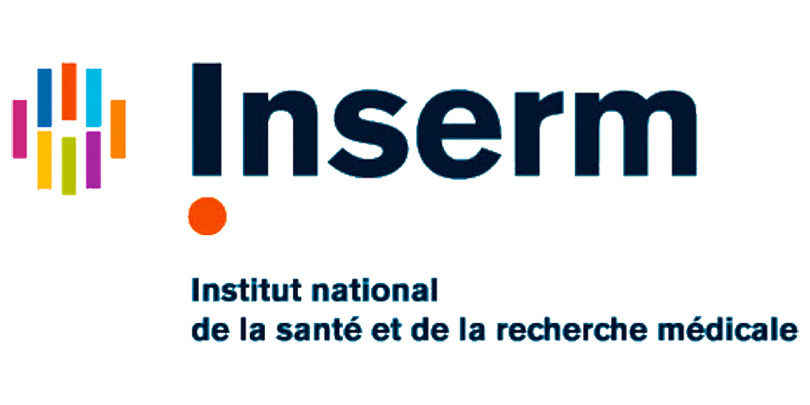Background: Lung cancer is a leading cause of cancer mortality and may require high-dose thoracic radiation therapy (RT). However, RT significantly increases the risk of radiation-induced cardiac events, such as pericarditis, cardiomyopathy, and ischemic heart diseases. Despite evidence from clinical trials showing that higher RT doses are associated with poorer survival outcomes due to these cardiac effects, data on dose-volume predictors of such events in lung cancer remain sparse.
Objective: To systematically synthesize the incidence of cardiac events following radiation therapy for lung cancer treatment and dose-volume metrics predictors of radiation therapy-induced cardiac events in lung cancer treatment. Methods:This systematic review, registered on PROSPERO (CRD42024565103), adhered to PRISMA guidelines to investigate cardiac events and its dose-volume predictors following high-dose radiation therapy in adults with lung cancer. Data were extracted from longitudinal observational studies and randomized controlled trials. A comprehensive literature search was conducted across MEDLINE, Cochrane CENTRAL, and Embase, with studies selected based on predefined criteria, focusing on clinical cardiac outcomes. Data extraction followed CHARMS guidelines, and study quality was reported using the PROBAST tool. Results were synthesized narratively, with meta-analyses performed where appropriate using R software to estimate pooled effect sizes, heterogeneity, and publication bias.
Results
The systematic review included 21 studies and identified a significant association between high-dose thoracic radiation therapy (RT) and an increased incidence of cardiac adverse events in lung cancer patients. The review revealed that higher dose-volume parameters, notably higher mean heart doses (MHD), were predictive of major cardiac events such as pericardial effusion, arrhythmias, and acute coronary syndrome. The meta-analysis showed a significant 4% (95% confidence interval: 3%-6%) increased probability of the occurrence of cardiac events per additional Gray of MHD, with low heterogeneity among studies (I 2 = 23%). No publication bias was evidenced.
Conclusion:This study underscores the importance of dose-volume parameters as predictors of cardiac adverse events following high-dose thoracic RT in lung cancer treatment. The findings highlight the need for careful consideration of heart dose constraints in RT planning to mitigate the risk of radiation-induced cardiotoxicity, thereby




